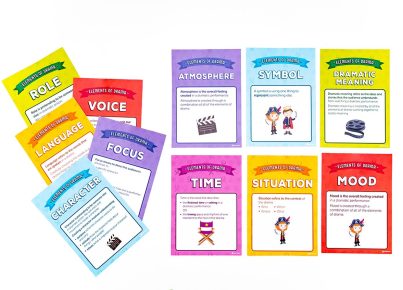Introduction:
Chronic misbehavior is a recurrent and persistent pattern of disruptive conduct exhibited by individuals that often has negative consequences on others and their environment. It can manifest in various contexts, including schools, workplaces, and family units, and may result in detrimental effects on relationships, personal growth, and overall mental health. In this article, we will discuss the factors leading to chronic misbehavior and explore tactics and interventions to address these challenges effectively.
Factors Contributing to Chronic Misbehavior:
Numerous factors contribute to the emergence and perpetuation of chronic misbehavior. These include biological predispositions, adverse environmental conditions (such as exposure to abuse or neglect), unmet emotional needs, lack of psychological resilience, inadequate coping strategies, and societal influence.
Tactics for Addressing Chronic Misbehavior:
1. Firm Boundaries: Establishing clear boundaries and consequences for inappropriate behavior helps individuals understand the expectations placed upon them. Consistency in applying consequences is critical for reinforcing behavioral expectations.
2. Counseling or Therapy: Engaging in individual or group therapy sessions can help people understand the underlying causes of their misbehavior by identifying unmet emotional needs, developing self-awareness, finding healthy coping mechanisms, or addressing past trauma.
3. Skill-based Interventions: Improving social skills through group activities can help an individual better understand appropriate social behavior and provide them with tools to manage their actions more effectively.
4. Emotional Regulation Training: Teaching effective strategies for managing emotions can help curb impulsive behavior driven by distress or frustration.
5. Mindfulness and Meditation Practices: Activities such as yoga or meditation can reduce stress levels and encourage self-reflection, promoting more thoughtful decision-making regarding one’s own behavior.
6. Positive Reinforcement: Recognizing and rewarding desirable behavior reinforces positive habits while reducing reliance on punishment.
7. Inclusion Strategies: People who feel valued, respected, and engaged in their environment are less likely to engage in chronic misbehavior. By promoting inclusivity, we foster a cooperative atmosphere where everyone can thrive.
8. Parenting Support: Providing guidance and support for parents of children exhibiting chronic misbehavior is essential. Regular parent-teacher communication and coordination facilitate a unified response for behavior management.
Interventions to Address Chronic Misbehavior:
1. Cognitive Behavioral Therapy (CBT): CBT is a widely-researched technique for addressing chronic misbehavior, offering opportunities for individuals to critically examine their thought patterns, beliefs, and reactions and improve their decision-making skills accordingly.
2. Collaborative Problem Solving: This intervention involves identifying situations that contribute to maladaptive behavior, empathizing with the individuals involved, and working together to devise alternative strategies that promote healthy responses.
3. Restorative Practices: Focusing on healing relationships damaged by misbehavior, restorative practices emphasize empathy, understanding, and honest dialogue while promoting conflict-resolution, accountability, and problem-solving skills.
4. Family Therapy: Family-based interventions are vital in resolving relational issues that contribute to chronic misbehavior by focusing on communication improvement, emotional regulation management, and fostering an understanding of the family dynamic.
5. Educational Support: In school environments, tailored intervention plans can help students with behavioral issues to succeed academically and socially. Examples include individualized education programs (IEPs) or providing adequate classroom accommodations.
Conclusion:
Tackling chronic misbehavior requires a multi-faceted approach that addresses contributing factors at emotional, cognitive, social, and environmental levels. By understanding the root causes of challenging behaviors and employing targeted tactics and interventions consistently across settings, it becomes possible to achieve lasting positive change in both individuals’ lives and the communities they interact with.





